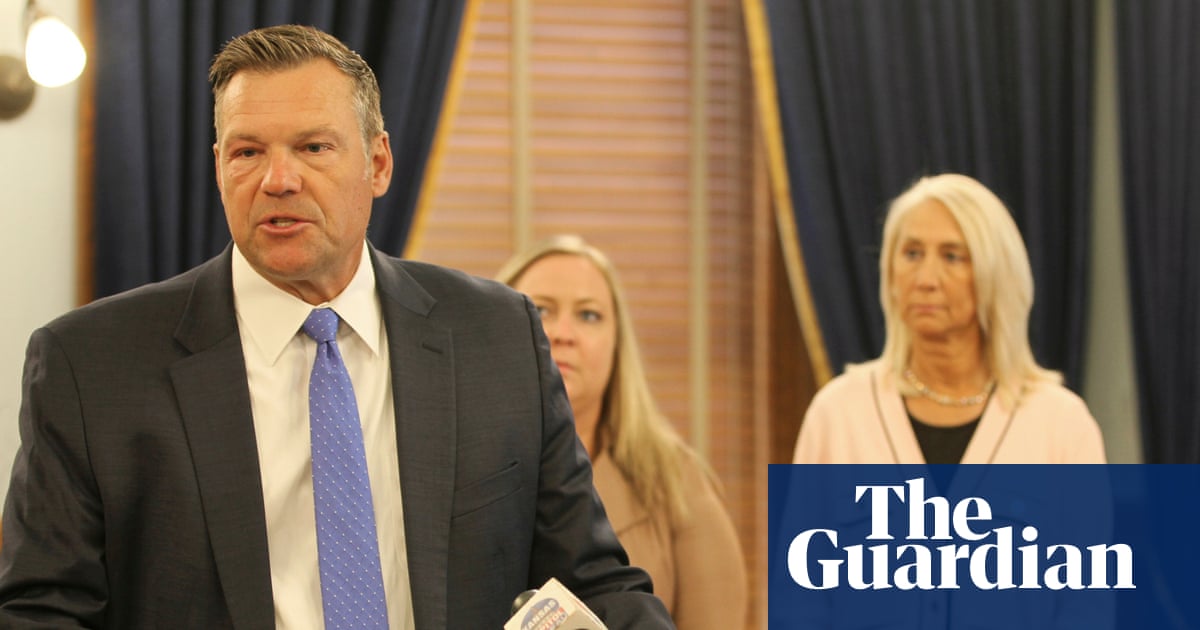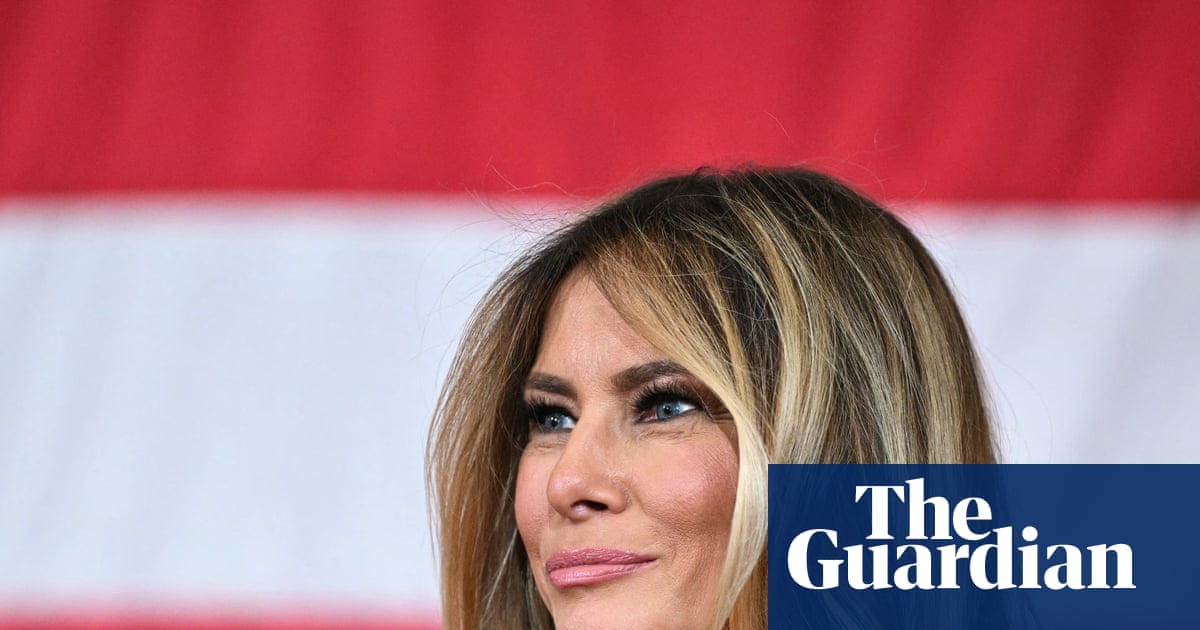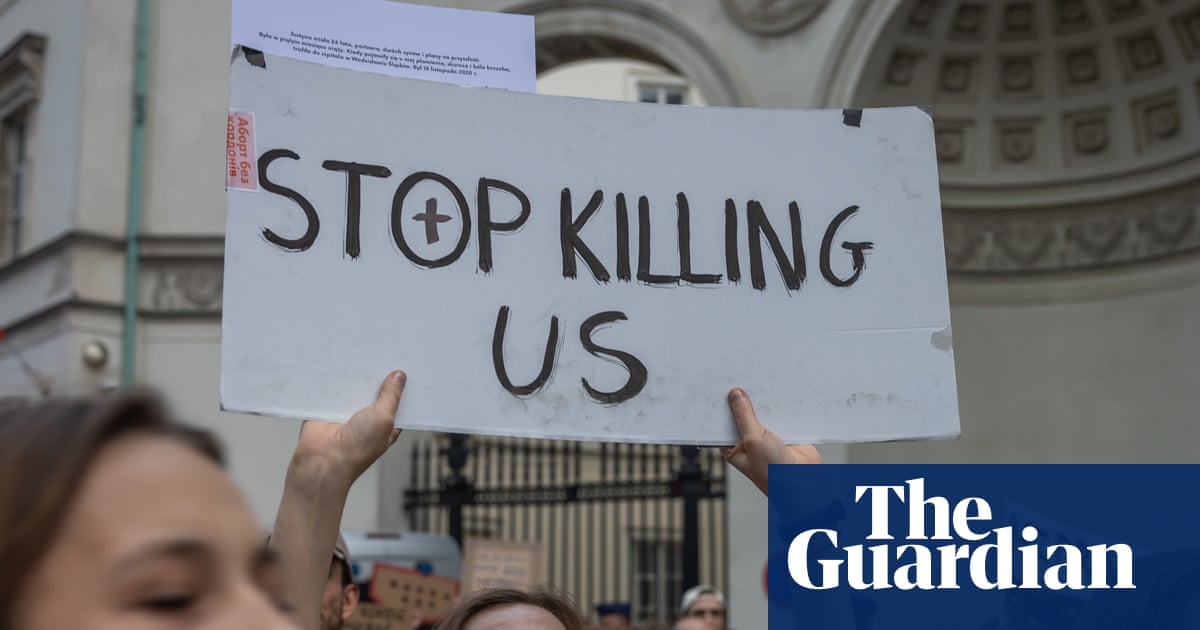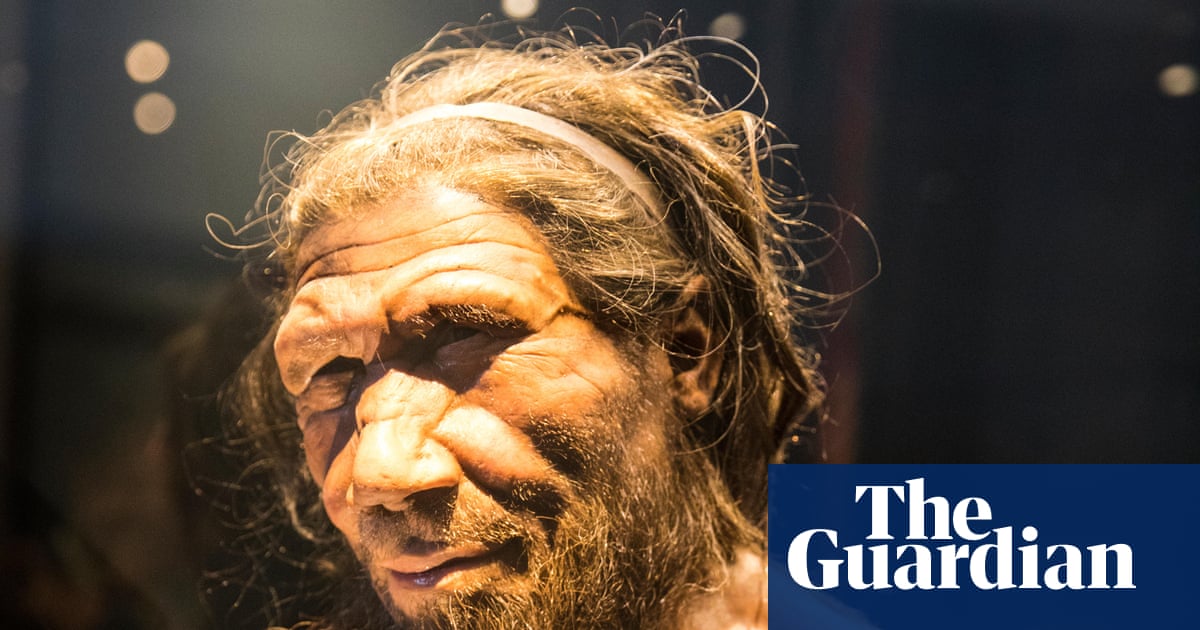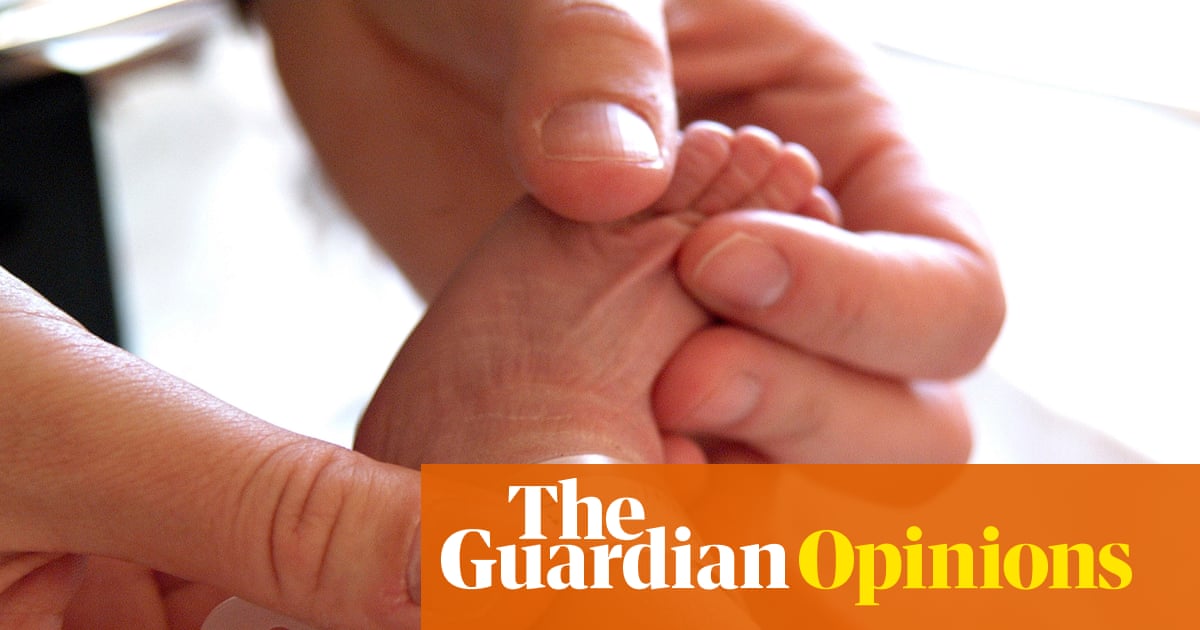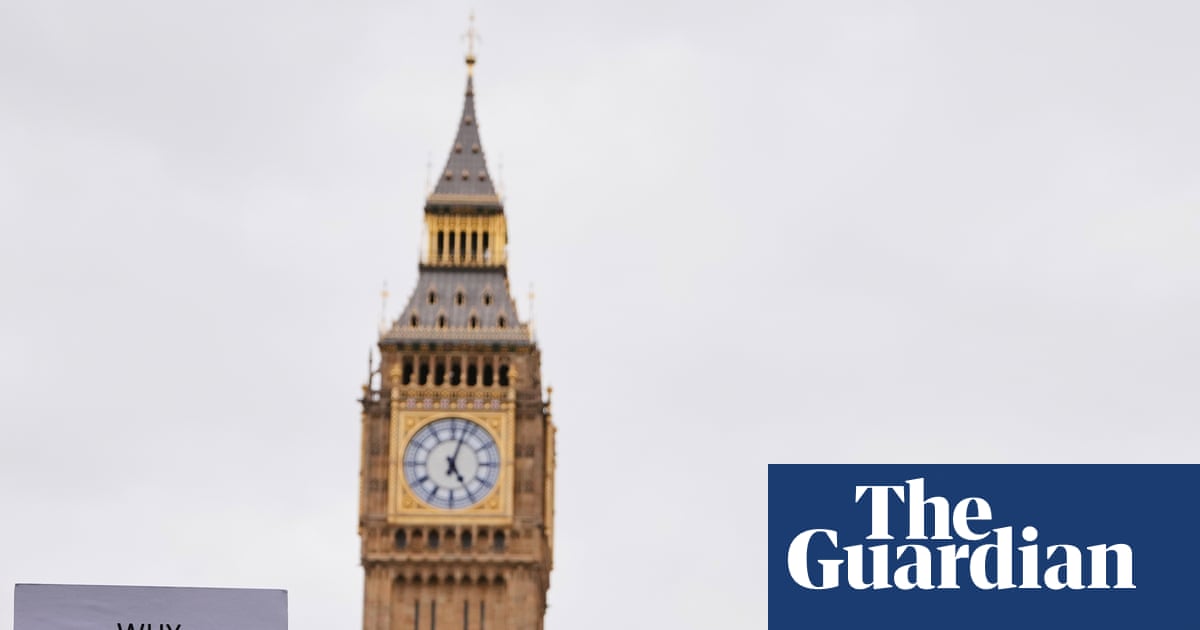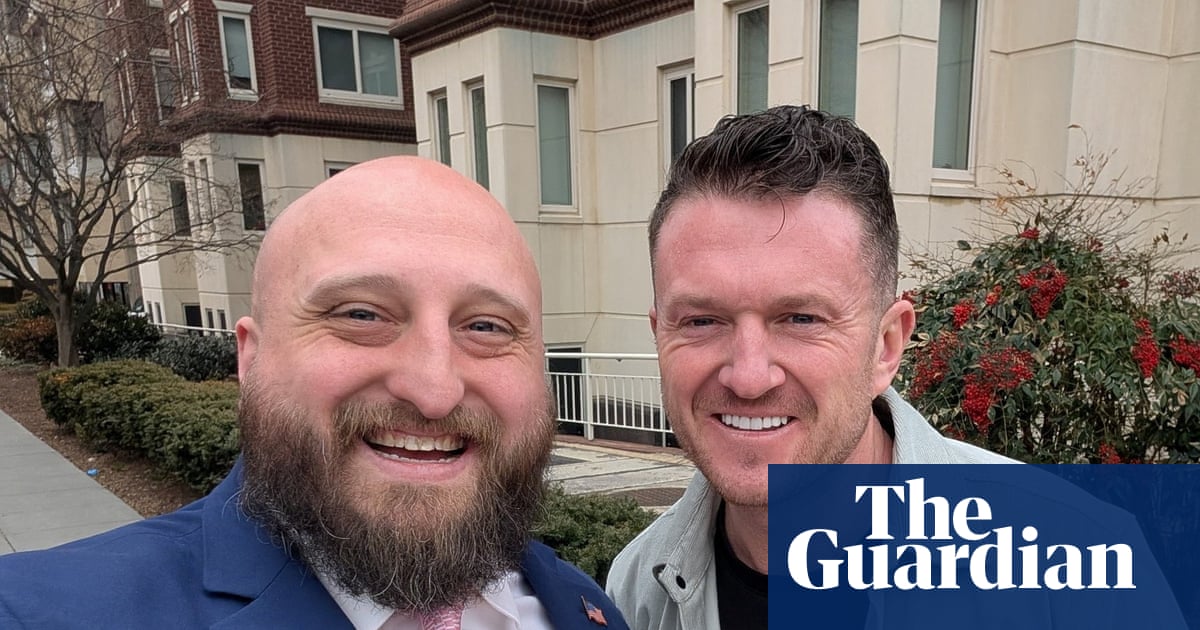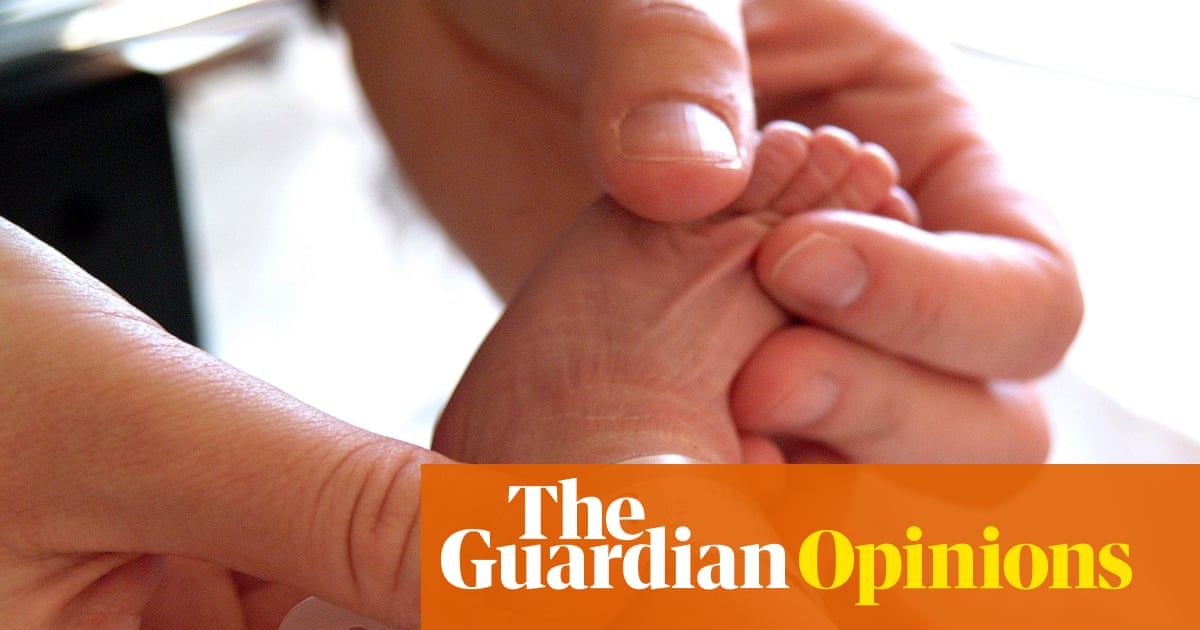How to adapt a novel as big and shimmering as Alan Hollinghurst’s 2004 Booker prize winner? It’s a book that captures not just the hypocrisies of one elite, Thatcher-loving family but the hypocrisies of a whole era, with power and politics bristling beside the hedonistic explosion of 1980s gay culture.
Maybe it needs an entire series (as in the case of Andrew Davies’s TV adaptation), but Jack Holden, whose 2021 play Cruise traversed similar ground, makes a robust go of it here. He arrives at the dark heart of the book while filleting and mixing the order of things so that the timeline of the central three sections is shorter and slicker, but also less intensely lived.
The focal point is the ruling-class Fedden family, whose bumptious patriarch Gerald (Charles Edwards) is a newly elected Tory MP, and in whose Kensington Gardens household the middle-class, timidly gay Oxford graduate Nick Guest (Jasper Talbot) becomes, well, a guest.
Nick is the observing insider/outsider of this entitled milieu. Talbot – a fast rising star – plays him with a good balance of young-fogey bookishness and sweetly innocent daring. His break-out reflections on beauty, which are key to the story, do not feel jarring on the whole, and his final monologue, in which he asserts the value of beauty as a primary force in his life, is one of the play’s most moving.
Michael Grandage brings fantastic directorial polish and pace and the cast are excellent, from Alistair Nwachukwu as Nick’s wryly funny, working-class boyfriend Leo, to Arty Froushan as the uber-rich Wani, who is engaged to a woman but in a secret relationship with Nick. “Are you a poof? asks Cat (Ellie Bamber), the fragile daughter of the Feddens, with unacknowledged offence, before adding: “I love poofs.” As do her family, on the face of it, though this is an age in which the gay community are slyly othered even by those who seem nonchalantly accepting.
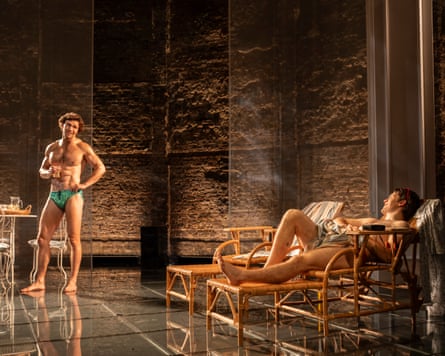
Christopher Oram’s set is light on its feet, seamlessly taking us from the Feddens’ lavish party to Leo’s kitchen table, while the soundtrack – the Communards, New Order, Frankie Goes to Hollywood – captures the synth-edged club culture of the time. It is all engaging, with elegantly executed social satire.
But what a lot of story, and feelings, to fit in. Nick’s dance with Gerald’s friend, the “great lady” Margaret Thatcher, comes early so that his devil’s pact with Conservatism seems to come too soon in the wake of his announcing his liberal(-ish) credentials to Leo. And in its portrayals of sex, the play does not quite capture the raw, explicit nature of Hollinghurst’s book. It is somewhat truncated in its love stories too. There is gorgeous chemistry between Leo and Nick, and a more arch electricity when Wani and Nick get together over a toilet cistern and lines of cocaine.
But we do not really enter into these relationships fully. So the devastation of the Aids crisis is felt – but not in the gut. Still, something incendiary is built up by the end, when the upper-class snobberies and casual homophobia become clear to see, if not the racism. The strength of this production lies in its deft parallels with The Great Gatsby (a comparison also made when Hollinghurst’s book was published). Nick is not just a Guest but a Carraway figure; not a part of this spoiled, privileged crew but not apart from them either, while the Feddens really are like Tom and Daisy, crashing into other people and moving on without casualties of their own.
We hear early on how an MP has caused a scandal by being caught with a young male sex worker. It provides a neat bookend with Gerald’s double scandal at the end, which typifies the venality of the Tory party of that era. But he refuses to see this scandal on a par with Nick’s sexual exposures. “You grasping little ponce,” he spits, and we finally see his bigotry bared.
So: a reminder of then, a warning for our age of rising intolerance, and an adaptation well worth seeing.

.png) 3 months ago
93
3 months ago
93


